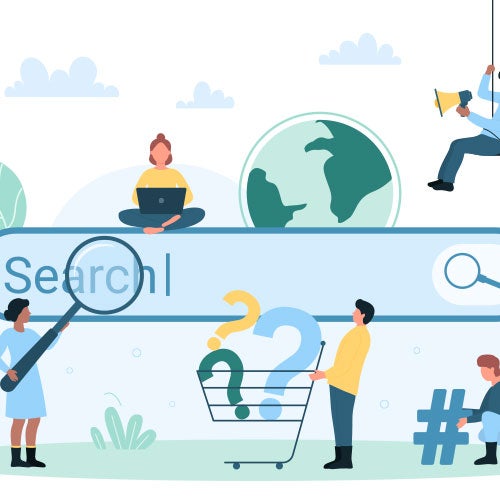Posted on 3/5/2015 in Digital Marketing
By wakefly
Internet marketers have relied on net neutrality to level the playing field and allow new content providers and ad networks to challenge incumbents. Without it, larger companies with deep pockets could ensure that smaller and medium size competitors have a harder time starting up. Last week the FCC voted to reclassify broadband as a utility, meaning internet service providers (ISPs) essentially have to continue treating all websites equally. This is a big victory for the open internet, but unfortunately, it is not over yet and most likely bound for the courts.
What Is Net Neutrality, Again?
If net neutrality were to be weakened, or eliminated, ISPs like Comcast and Verizon could affect the cost of operating a website in their service areas. Preferential service agreements would allow larger companies like Netflix and CNN the opportunity to pay a fee to deliver their site to end users faster than non-paying sites. So, this is especially important for bandwidth-intensive sites.
How Does Net Neutrality Impact Internet Marketers?
Anyone in the Internet industry knows that the faster your site is, the more successful you are likely to be. A recent study by Forrester Research suggests that now consumers will wait no more than two seconds for a page to load before abandoning the site. So in other words, your site speed directly affects conversion rate and bounce rate. Without net neutrality, it would become very difficult for internet marketers to do what we do, and be successful with clients that cannot pay to play.
- From an organic search perspective, site speed is a huge ranking factor. Google would likely need to make an algorithm adjustment to prevent paying sites from being able to “buy their way” to the top of an organic search result.
- Paid search would also be heavily affected, as Quality Scores would likely suffer for advertisers with relatively slower sites.
- CPMs and CPCs could increase within ad networks that decide to pass on bandwidth fees they are paying to ISPs.
- The tactics of “geo-targeting” could begin to include ISPs, with performance potentially being better in some regions due to load times.
Conclusion
Perhaps the most troubling part of this issue is without an open internet, start-ups and innovative content creators might not become a reality. The next Google or Amazon may never happen due to this additional barrier to entry for new businesses online. As of last week, we are still in the age of the open internet, but the question now becomes, with internet service providers ready to fight back, how long will it last?
Related Articles

Elevating Your Brand: The Transformative Power of Website Design
In the digital age, your website is often the first point of contact between your brand and potential customers. It's not just a platform to showcase [...]

Navigating the Effects of SEO Algorithm Adjustments in 2024 on Your Website's Rankings
In the fast-paced world of digital marketing, staying ahead of algorithm updates is crucial for maintaining a competitive edge. As we step into 2024, [...]

Rethinking Digital Strategies: Marketing in the Post-Third-Party Cookie Landscape
In the ever-evolving realm of digital marketing, the impending demise of third-party cookies poses a significant challenge for businesses worldwide. [...]

